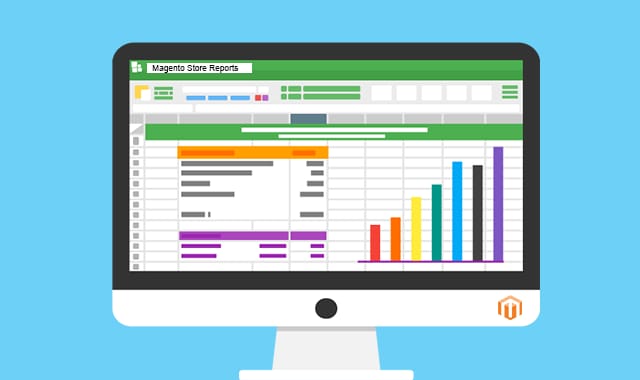
By the Marketing Team at InteractOne
SEO Keyword Ranking Reports: A Relic from The Past.
SEO keyword ranking reports have had a long-standing reign as the go-to metric to track SEO success. Although, it has lost much of its relevance over the past few years, for a variety of reasons. The keywords that many SEO practitioners and merchants are actively tracking represent a small percentage of actual realized traffic. Meaning you could be missing out on the source of a huge portion of site traffic.
SEO keyword ranking reports began its path toward obsolescence when Google Hummingbird algorithm came out. Google broadened the range of results presented back from a user’s query Hummingbird allows the Google search engine to better do its job through an improvement in semantic search. As conversational search becomes the norm, Hummingbird lends understanding to the intent and contextual meaning of terms used in a query.
This means that folks who are tracking rank positions for a keyword that may not actually present pages which are even targeting that term exactly. So, no matter how good a keyword ranking report is, it’s always going to be missing a great deal of a site’s essential traffic, and it completely misses long tail searches. In short, merchants who rely heavily on keyword rank reports are being bamboozled.
However, that’s not to say that SEO keyword ranking reports are completely irrelevant. It’s still important to track keywords but there needs to be change in how we handle the information collected through tracking those keywords. It is important to adapt the reports generated to enable a better, more in depth way to look at the information that rank reports provide without getting a false sense of where you stand in terms of overall success.
5 SEO tips for what Magento merchants should be reporting on and how to do it
1. Report on Actual Business Objectives
Search engines are continually trying to mimic customer behavior, so merchants will want to monitor and improve the same metrics search engines use in their algorithms. So, it is important to report on on-site metrics like conversions, revenue and page load times, as well as user engagement metrics such as bounce rate, click through rate, and time on site. These metrics reflect the growth and development of your site’s authority.
2. Add Keyword Groups
Take a page from PPC management and group similar keywords into groups and track average monthly rankings for the group in its entirety. Populate each keyword group with super-granular keywords that share the same semantic theme. The key is to make these groups tightly themed. Track one over-arching word amongst the groups across all your traffic. By doing so you can see exactly how you rank for broader terms week to week. This method also catches the long-tail searches attached to broad keywords.
3. Compare Keywords Searched with Landing Page Content
Monitor search query reports from Google Search Console to see if the content on your landing pages match up with searchers intent. Review how you’ve mapped user queries to landing page destinations, to ensure that they are logical. After grouping like keywords together (point #2, above), group them with a likely landing page. There are tools available that can do this in a more automated fashion. They include gShift Labs, Conductor and BrightEdge.
4. Report on Actual Organic Search-Referred Traffic
Start to report on more types of traffic such as referral and social. Referral traffic sheds more light on your site content’s influence. If your content is getting mentions and generating links, it’s important to report on that traffic. Same for social traffic. Its success reflects in part on your SEO endeavors. While you may have a social media department, your efforts to create good content go hand in hand with a social media team’s work. Benchmark and report on actual organic search-referred traffic. Additionally, if you do not already report on direct traffic, it is advisable to begin to include it in reports. Effective SEO is a rising tide that raises all ships – it may not be the direct result of explicit SEO, but there are causal links between SEO gains and traffic gains across each of these “organic” channels.
5. Tracking Backlinks
Keeping track of your backlinks and referring domains will give you a good general idea of the potential future effect of SEO initiatives. Backlinks from high quality domains will not lead to better rankings right away but they do show trends in a positive direction. Start to monitor and report on the number of and growth of backlinks, mentions, and citations. To best track backlinks update the frequency of when backlinks are reported, ensuring that they are indexed as they appear online. Also double-check that reports track backlinks as backlinks not follow/no-follow links. Whatever tool you use, should display backlinks only.
FREE MAGENTO SEO AUDIT
If you are interested in learning more about how we can help you implement these SEO techniques, then let us ensure that you are building your SEO strategy on a solid foundation, and leveraging your tools to their full potential. Fill out the form to get started or call us at (513) 469-3345.
